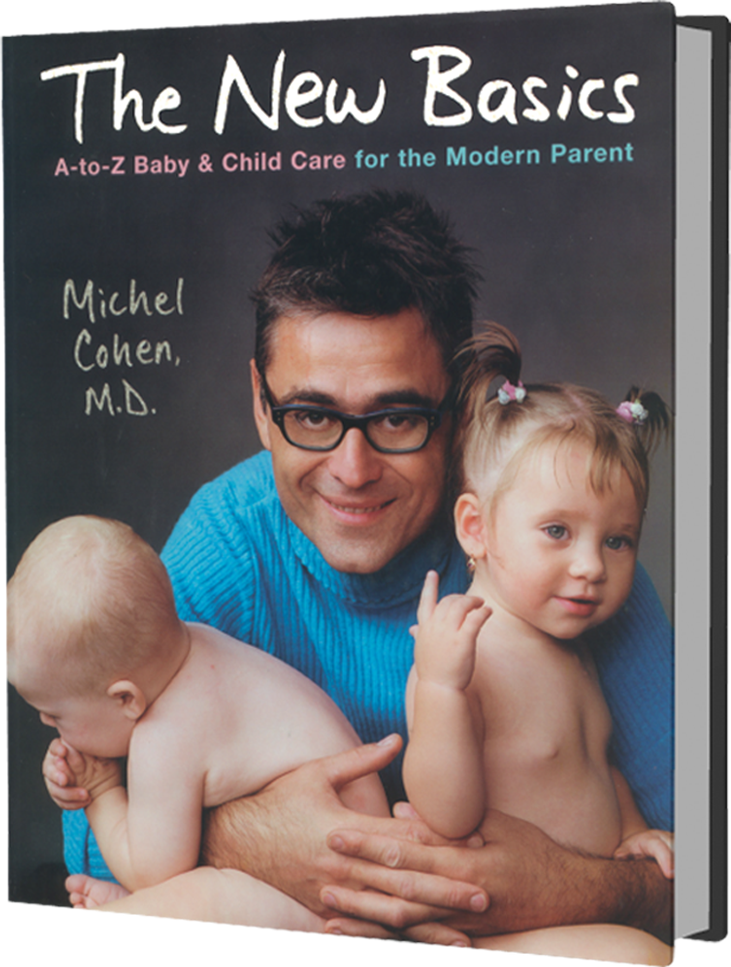
Cough
In Newborns and Infants
 Lucy clears her normal mucus production by sneezing. But if she has a cold and there’s build up, she may develop a cough. If the irritation persists, the coughing can last for many weeks, even after the virus itself is gone.
Lucy clears her normal mucus production by sneezing. But if she has a cold and there’s build up, she may develop a cough. If the irritation persists, the coughing can last for many weeks, even after the virus itself is gone.
If Lucy’s breathing is labored
If she is unable to eat
If she looks very pale
If she has a high fever for her age [See: Fever]
In these cases, she may have an infection such as bronchiolitis, and she should see her doctor [See: Bronchitis].
If Lucy has profuse nasal secretions and coughs, but her breathing, though normal or slightly faster, is not labored.
If she’s able to eat, even if the amount is smaller than usual, and she gurgles a lot.
For her comfort, prop Lucy up when possible to help drain some of the mucus out of her airway. I don’t endorse other remedies: Humidifiers are useless, and cough syrups and decongestants are not recommended for infants, owing to their limited benefits and fairly prominent side effects [See: Cough Syrup; Decongestants; Humidifiers].
In Children
New Onset
 Jimmy’s cough is most likely the result of a cold or flu. It’s important to understand that in these cases, the cough does not originate in the lungs. The virus induces a postnasal drip that provokes the cough. A cough in itself is not a reliable indicator of pneumonia, and as a matter of fact, kids who have true pneumonia often barely cough at all, because they’re so weakened by the condition.
Jimmy’s cough is most likely the result of a cold or flu. It’s important to understand that in these cases, the cough does not originate in the lungs. The virus induces a postnasal drip that provokes the cough. A cough in itself is not a reliable indicator of pneumonia, and as a matter of fact, kids who have true pneumonia often barely cough at all, because they’re so weakened by the condition.
If Jimmy has had a high fever for many days,* with significantly less activities. Although it may be a simple flu, pneumonia could sometimes present in a similar way.
If his breathing is labored, it could indicate an asthma attack or pneumonia.
In either situation, your doctor should listen to Jimmy’s chest.
If Jimmy has no fever or if his fever lasts no more than a couple of days
If he remains active
When the cough sounds horrendous. You can’t gauge the severity of Jimmy’s illness by the intensity of his cough. Some simple viruses produce awful-sounding coughs and in fact are not so serious; croup, for example, sounds like a raw bark [See: Croup].
The cough is only a symptom; before you rush to suppress it, it’s important to understand that it serves a useful function by helping to expel unwanted particles out of the airway. Also, kids are surprisingly capable of sleeping while hacking away (as you toss and turn, of course). If the cough is particularly disabling, you can suppress it with an over-the-counter cough syrup, or call your doctor for a prescription variety. In terms of treatment, most coughs have a viral origin, which means antibiotics are useless.




 MEDICATION DOSAGE
MEDICATION DOSAGE

